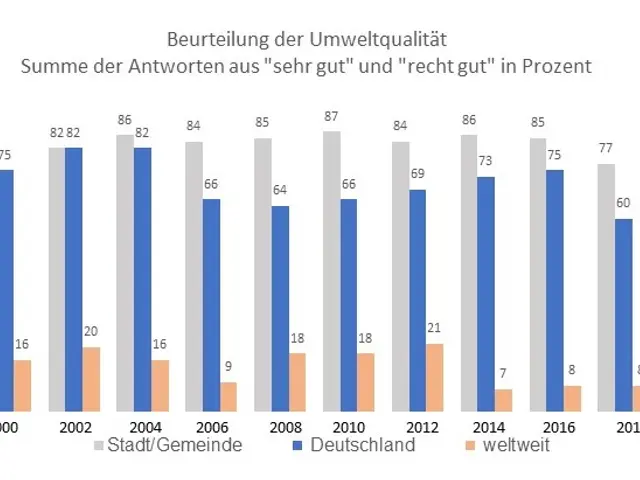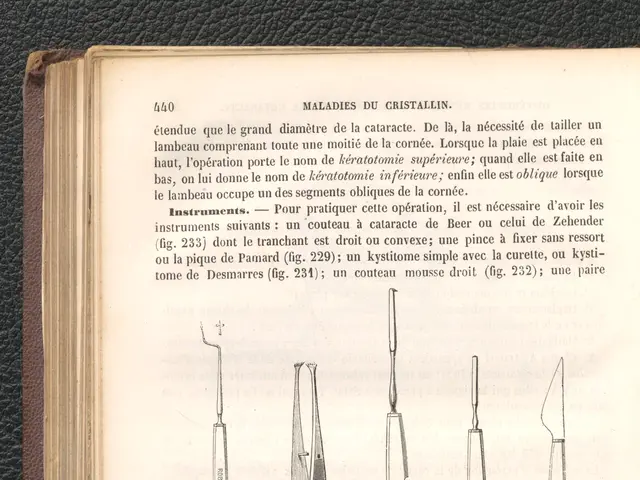Study: Transdermal HT Beats Oral for Menopausal Mental Health
A recent study involving over 3,800 postmenopausal women has shed new light on the differences between oral and transdermal hormone therapy (HT) for managing menopausal symptoms, particularly in relation to mental health outcomes. The study, conducted by unnamed researchers, found that women receiving transdermal HT experienced a statistically significant reduction in anxiety and depression compared to those on oral HT. This difference could be attributed to the more constant hormonal serum concentration provided by transdermal delivery systems. The study also highlighted the importance of precision medicine in menopausal care, emphasizing the need for tailored therapy regimens based on individual patient profiles and preferences. It broadened our understanding of the systemic effects of exogenous estrogens and progestogens, influencing future clinical guidelines and patient counseling practices. Contrary to some literature, the study found no significant differences between the two HT modalities in terms of obesity, cardiovascular disease, or Alzheimer's disease incidence. However, it excluded women with preexisting cardiovascular risk factors to isolate the effects of HT administration routes on mental health outcomes. The study's findings underscore the significance of shared decision-making between clinicians and therapists when considering hormone therapy options. Further large-scale, longitudinal studies are advocated to confirm and expand upon these findings, particularly evaluating diverse populations with varying comorbid burdens.






